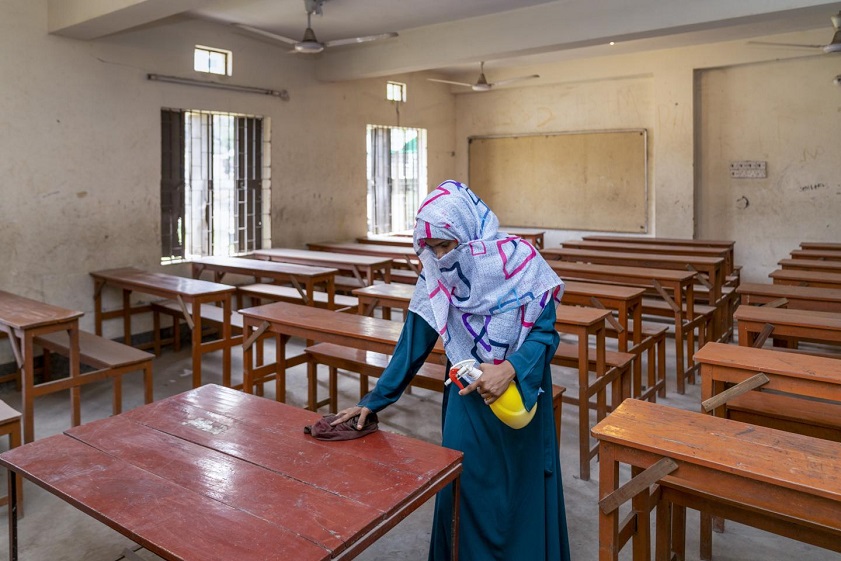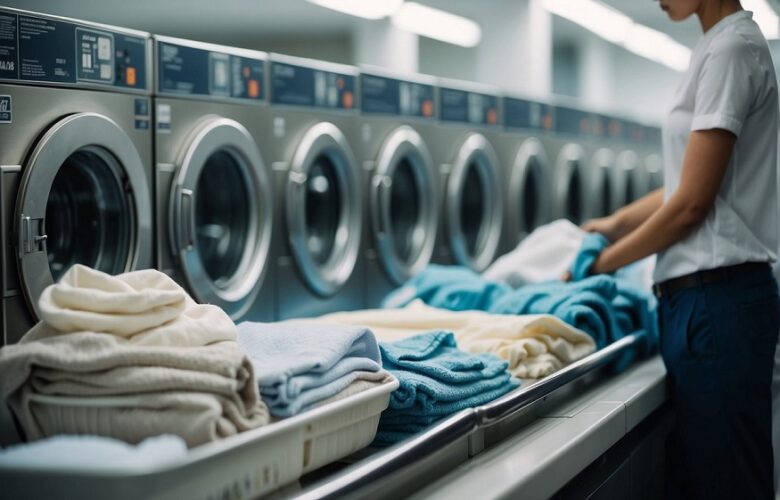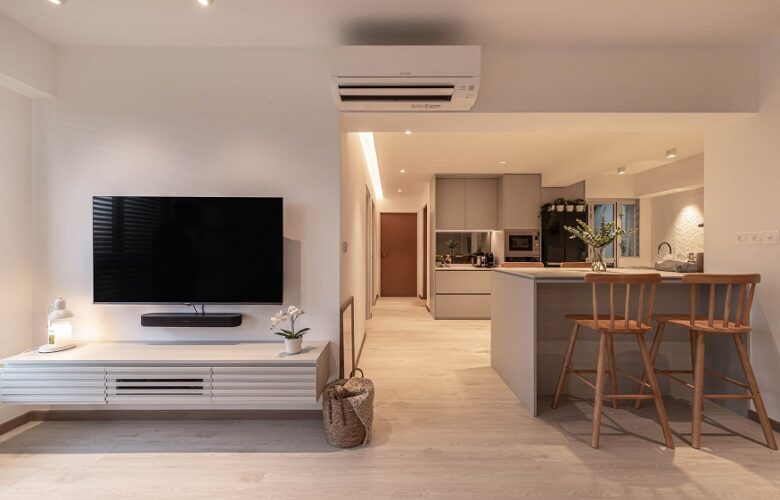With the reopening of schools after the lockdown, it has become a significant concern to keep the classrooms clean and sanitized for students’ health. Wearing masks and social distancing are just at the crux of safety, which is not enough to keep the students safe. Routine disinfecting and sanitizing the classrooms is the key as the virus is spread through respiratory droplets.
The virus can easily spread through contaminated surfaces; when students touch their eyes, nose, or mouth after touching the surface, they will be infected with the virus. This can trigger another lockdown and, worse, can lead to infections and deaths. So it is crucial to know how to clean your classroom during Covid-19.
● Make a list
Make a list of the frequently touched surfaces in the classroom, especially the high-risk areas which can be missed during disinfecting. This list includes doorknobs, bookshelves, light switches, trash cans, desks, chairs, countertops, handrails, shared toys, art supplies, athletic equipment, vending machines, remote controls, and desktops. Note that computers are difficult to disinfect, so a proper disclaimer needs to be posted so that only a few students use it after properly sanitizing their hands. Also, drapes, floors, and rugs can be cleaned at regular intervals using soaps and disinfectants as it is not possible to clean them every day. So extra caution needs to be exercised.
● Disinfecting Products
You need to use proper disinfectants to clean your classrooms. It is necessary to know how to clean your classroom during covid-19 using soaps, bleaches, and disinfectants. Use disinfectant after you have cleaned the materials thoroughly with soap and water. Many disinfectants recommend keeping the surface wet for a while and wearing protective gear while using the product. You can make a bleach solution for disinfecting with one-third cup of bleach per gallon of water or four teaspoons of bleach per gallon of water. Ensure that the bleach has not crossed the expiration date and do not mix ammonia or any other household bleach into the solution. While using the disinfectant, keep an eyewash station ready in case of discrepancies. Alcohol solutions with 70% alcohol are also great for disinfecting and sanitizing.
● Declutter your classroom
You have to declutter your classroom and get rid of all unnecessary things so that fewer objects can be contaminated. Some of the items are difficult to clean and can lead to the spreading of the virus. High pile rugs, extra toys, bean bag chairs, and trash can lids are a few of the objects you can do without in the classroom.
Conclusion
It is the season to take extra precautions for the students’ well-being and prevent the further spread of the infections. It is also necessary to clean and safely dispose of our masks, face shields, and gloves inside the classroom and teach the students to follow proper hand cleaning methods. Staff who are in charge of sanitizing the classrooms should be trained to clean and dispose of the masks and protective equipment. Routine cleaning and maintenance is the way to ensure a safe and hygienic classroom in covid-19.




